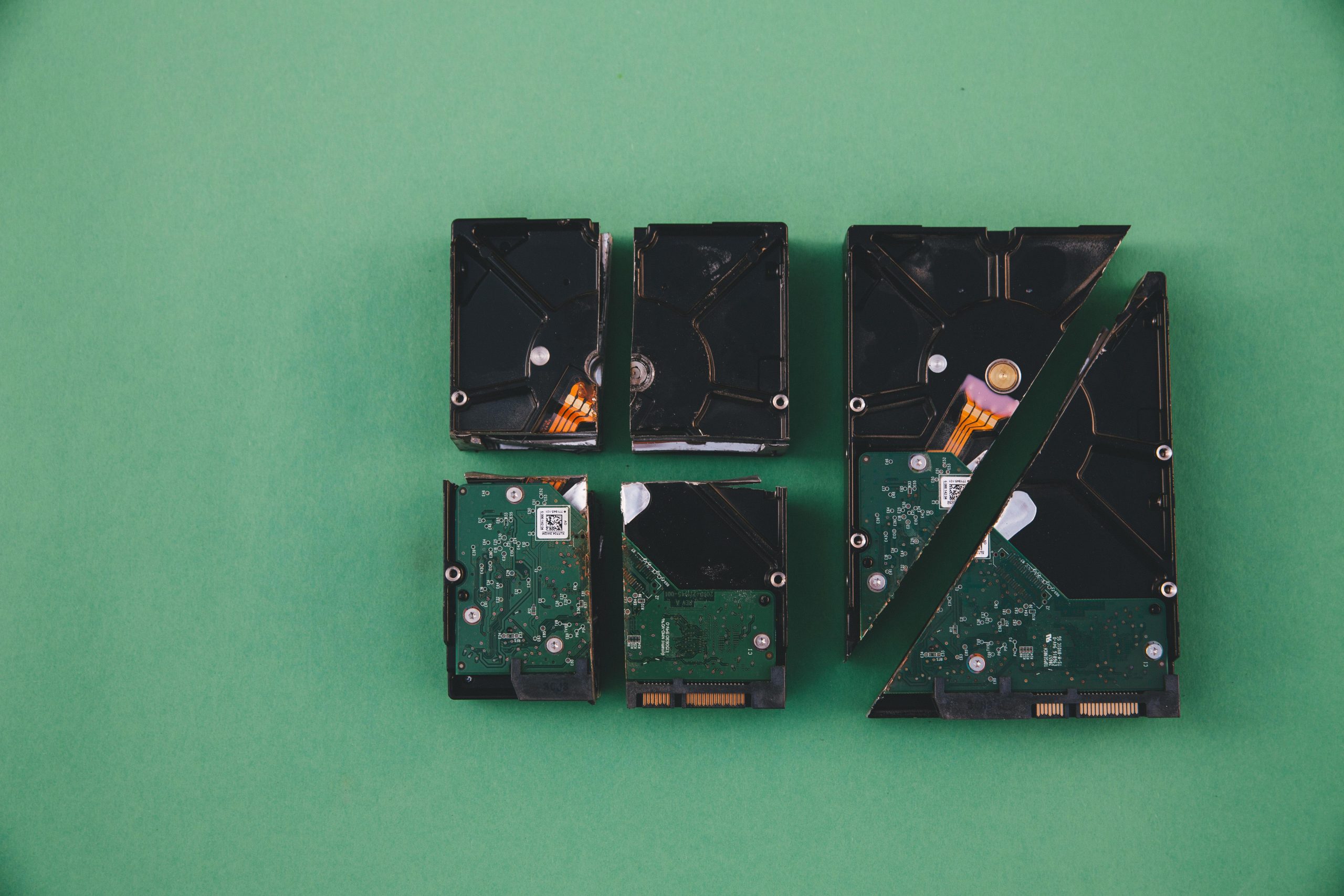Troubleshooting HDD Failure: Seeking Solutions in the UK
Experiencing a hard drive failure can be incredibly frustrating, especially when it comes unexpectedly. Recently, I encountered this issue firsthand when my hard disk drive (HDD) started throwing I/O error notifications before it vanished entirely from my system. Despite multiple attempts to access it through different methods—like swapping out cables and utilizing a USB to SATA connection—there was no response from the drive. In fact, it didn’t even emit the typical sounds of operation, which raises concerns about its condition.
If you find yourself in a similar predicament, you might be wondering about the best next steps to take. Here are a few considerations to help navigate this challenging situation:
Troubleshooting Steps to Consider
-
Check Connections: You’ve likely done this already, but it’s crucial to ensure that all connections are secure. Consider testing the drive on a different computer or using a different power supply.
-
Software Solutions: Depending on the symptoms, software tools might recover some accessible data before seeking professional help. Programs like Recuva or TestDisk are commonly recommended for various recovery scenarios.
-
Professional Data Recovery: If basic troubleshooting fails, it might be time to consult a data recovery expert. Look for companies that specialize in HDD recovery services within the UK. Some notable options to explore include:
- Ontrack: Known for their comprehensive recovery services and ‘no recovery, no fee’ policy, which can be advantageous if you’re concerned about costs.
- SalvageData: They offer similar no-obligation quotes and have a solid reputation for recovery success.
Cost Considerations
When exploring recovery services, it’s essential to compare pricing structures and turnaround times. While some companies advertise competitive rates, ensure you read the fine print regarding their fees, especially if they implement a ‘no recovery, no fee’ guarantee.
Final Thoughts
Encountering an HDD failure can be a daunting experience, but there are avenues to explore that may lead to successful recovery. Whether you choose to troubleshoot the issue independently or seek the expertise of professionals, it’s important to stay informed about the available options. If anyone has additional recommendations or experiences with UK-based data recovery firms, I would love to hear your thoughts!
Share this content:




Hi,
Thank you for sharing your detailed experience and troubleshooting steps regarding HDD failure. It can be quite challenging when a drive suddenly stops responding, especially without any typical operational sounds. Here are a few additional suggestions that might help:
If software solutions like TestDisk or Recuva don’t recover your data, professional data recovery services such as Ontrack or SalvageData you mentioned are usually the next best step. Remember to stop using the drive immediately to prevent overwriting any recoverable data.
Lastly, maintaining regular backups to prevent future data loss is highly recommended